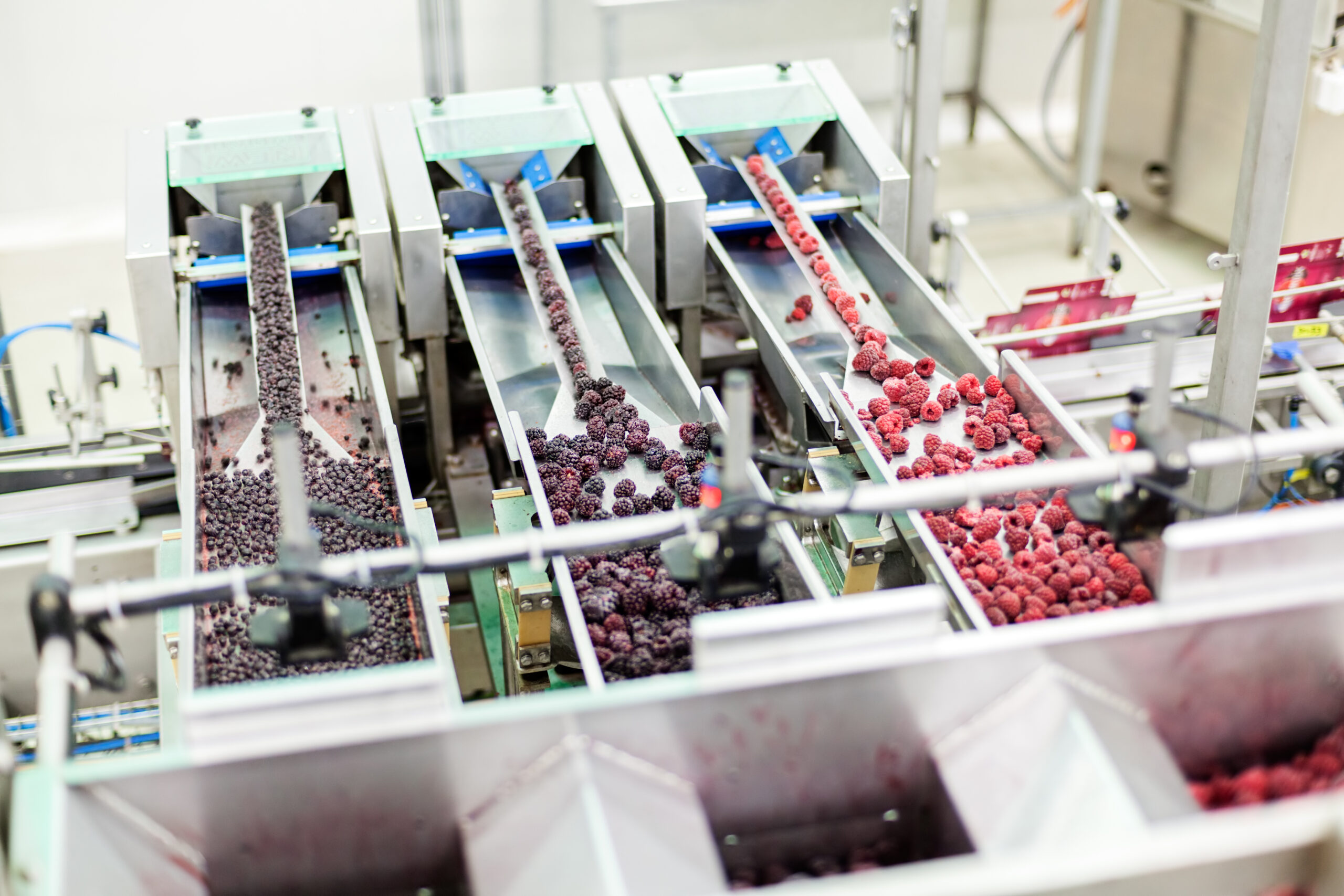
By Lilian Schaer for Bioenterprise Canada
Consumers, customers, investors and regulators worldwide increasingly expect food production and supply to be more sustainable and responsible. However, the agri-food sector from the farm to retail is complex, making it challenging to not only establish sustainability baselines, but also to track progress on those measures.
That’s where Canada’s National Index on Agri-Food Performance comes in. A growing coalition of public and private partners have collaborated to develop and launch, as a pilot, the country’s first index to present an integrated and accurate picture of the sustainability of Canada’s agri-food sector.
Release of the Index has also positioned Canada as one of only a few countries worldwide to develop such a comprehensive approach to measuring sustainability across an entire economic sector.
The Index uses a suite of 20 metrics and 130 indicators across four sustainability priorities – environment, food integrity (including food safety), economic and societal well-being (including labour, food security and farm animal care). And as much as possible, the Index aims to get science-based and high quality outcomes-based data.
According to founder and national coordinator David McInnes, the Index doesn’t actually score individual farms and businesses; instead, it’s designed to be a tool anyone in the food system can use to establish, prove and improve their own sustainability activities.
It is also designed to present consolidated national results from production to food retail, reporting on positive sustainability performance, areas needing improvement and the data gaps. These insights are expected to be used to inform policy, strategy, and research priorities.
McInnes first had the idea for a national Index about five years ago when he was working on the Canada food brand.
“In that early work, it became apparent that many of us talk about the Canada food brand as being trusted, high quality, safe and sustainable – but how are we supporting that and backing it up with data?” he recalls. “That led to the idea around creating a national Index.”
McInnes began contacting a small group of stakeholders to float his idea, and in early 2020, created the coalition that today numbers almost 130 partners.
The idea was embraced by farmer organizations, processors, retailers, industry and trade associations, academia and the federal government, and gradually expanded to also include provincial governments, the financial services sector, and environmental, Indigenous and social organizations.
“I really consider it to be a food system-wide initiative and we have broad representation from right across the sector with entities that represent every major player of production, processing and retail,” he says. “It’s an enormous sector of the economy and there is always room for more voices.”
The process began with understanding the need for an Index, what is going on in the marketplace and in society and what is driving change through environmental, social and governance (ESG) factors. This helped set the scope for the project, what is needed to back up what the Canada brand stands for and how that can be used to drive domestic and international competitiveness, build trust with consumers and mark progress.
A draft framework was published in May 2022 and used to gather as much quality data as possible to populate the Index’s metrics. With the first version of the Index released this spring, McInnes says the next step is setting up a proposed Centre for Agri-Food Benchmarking to support long-term use and evolution of the Index, including making it more robust and sourcing more and better data to improve the sustainability picture.
“There are data gaps across all the indicators that can’t be resolved easily, but we have built a coalition that has demonstrated that consensus is possible, and can work across many sectors, industries and participants,” says McInnes. “I think we’ve produced something that is at the leading edge of where things are going globally with respect to sustainability.”
More information, including the Index pilot with indicators and metrics, is available at agrifoodIndex.ca or by contacting David McInnes at info@agrifoodIndex.ca.
-30-